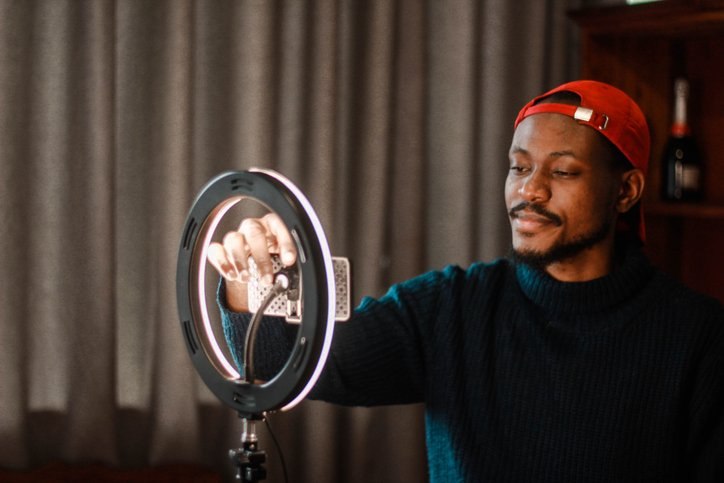
Global: The impact of influencer and celebrity endorsements on food, household products and alcohol
It’s common to see brands collaborate with famous faces to promote their products and services. While celebrity endorsements have long been an advertising strategy, how effective are these star-studded promotions when it comes to selling food, household products and alcohol?
A survey conducted by YouGov across 17 international markets asked consumers which among 11 types of products and services they think celebrities can effectively promote. When it comes to FMCG categories, a quarter of global consumers say influencers, celebrities and sports stars are effective at promoting food products (25%). Nearly one in five say that celebrities are effective at promoting household products (18%), followed closely by those who feel these endorsements are effective at promoting alcoholic drinks (16%).
Celebrities promoting foods tend to resonate more in Asia
Consumers in Asia are ahead of global consumers in thinking that celebrities are successful at promoting food. Nearly half of the respondents in online China (45%) say so, followed by consumers in the United Arab Emirates (40%), Indonesia (39%), India (37%), Hong Kong (35%) and Singapore (33%).
Meanwhile consumers in western markets are much less likely to say that public figures are effective at promoting food. Less than one in five in the US (19%), for instance, are of this view followed by consumers in France (18%) and Italy (17%). Brits and Danes are further down the list.
Up to a quarter of Emiratis think celebrities can effectively promote household products
Of the 17 markets in our survey, it’s online consumers in Indonesia who are most likely to believe that celebrities can effectively promote household products (34%). Respondents in India (32%) and China (28%) follow, indicating these endorsements are likely to be more effective among consumers in Asia than in other markets.
Up to a quarter in the UAE (24%) are also of the opinion that celebrities are successful at promoting household products. However, members of the public in western parts of the world tend to think otherwise. In the US, just 12% of respondents think such promotions work, while in Great Britain and France the figure falls to 11% and 9% respectively.
Can celebrity promotions of alcoholic drinks drive up sales?
YouGov’s latest International FMCG 2021 Report shows that alcohol consumption increased in many countries during the course of the pandemic. And while that trend is likely to continue in some markets, how impactful are celebrity endorsements in driving alcohol sales?
The data reveals that 26% of respondents in urban Mexico think influencer/celebrity endorsements work. Similar shares in China (24%) and the US (24%) are also of this opinion, closely outnumbering those in India (20%) and Australia (19%).
In contrast, just a minor proportion of consumers in the UAE (13%), Great Britain (13%), Germany (12%) and Sweden (12%) are likely to believe that celebrities can effectively promote alcoholic drinks.
This data suggests that celebrity endorsements have very different values in different markets – but that there is also a difference in their impact across product categories. And while any individual deal can break the mould, an understanding of each market’s conditions and behaviours is likely to prove very valuable.
Receive monthly topical insights about the FMCG/CPG industry, straight to your inbox. Sign up today.
Discover more FMCG content here
Start building a survey now with YouGov Direct
Methodology: The data is based on the interviews of adults aged 18 and over in 17 markets with sample sizes varying between 509 and 2124 for each market. All interviews were conducted online in August 2021. Data from each market uses a nationally representative sample apart from Mexico and India, which use urban representative samples, and Indonesia and Hong Kong, which use online representative samples.